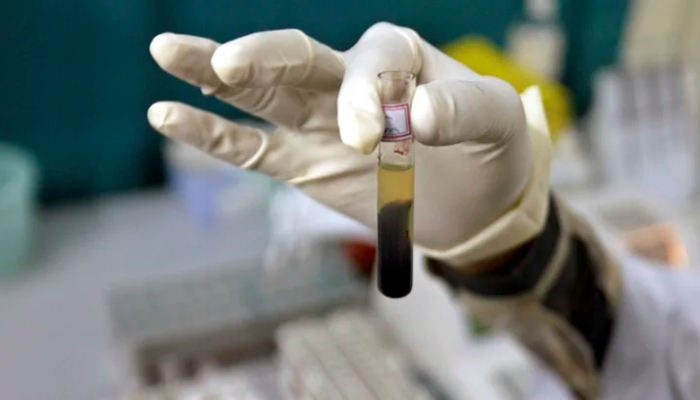Scientists discover drug that may be the first-ever cure to Hepatitis A
Newly discovered drug stops virus replication, shows effectiveness in animal model
July 05, 2022

Researchers from the University of North Carolina’s school of medicine discovered a drug that can possibly be the world’s first-ever cure for the hepatitis A virus (HAV).
Through an experiment, scientists found that HAV needs to interact with the human protein ZCCHC14 and a set of enzymes called TENT4 poly(A) in order to replicate.
So, they tested an oral drug, RG7834, on mice and found that the treatment stops HAV from the virus from replicating and prevents liver inflammation.
“Our research demonstrates that targeting this protein complex with an orally delivered, small-molecule therapeutic halts viral replication and reverses liver inflammation in a mouse model of hepatitis A, providing proof of principle for antiviral therapy and the means to stop the spread of hepatitis A in outbreak settings,” said senior author Stanley M Lemon, MD, professor in the UNC Department of Medicine and UNC Department of Microbiology & Immunology, in a university release.
According to the World Health Organisation, HAV is triggered through consumption of contaminated food or water or contact with an infected person and “almost everyone” with HAV recovers fully with life-long immunity against the virus. But there are still a number of deaths caused by the infection.
Although there are currently drugs in place to prevent Hepatitis A, there are no known cures.
However, this study is the first to demonstrate an effective treatment against HAV in an animal model of the disease.
The findings were published in the Proceedings of the National Academy of Sciences.











